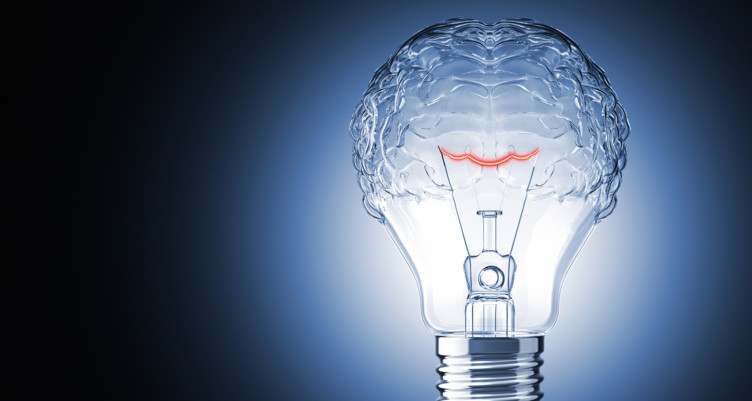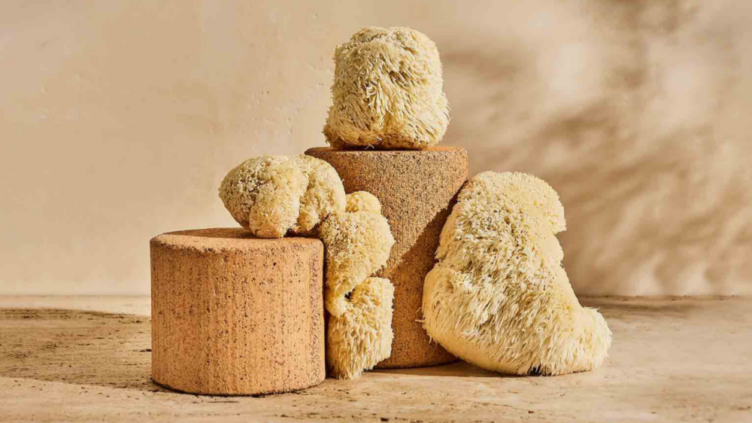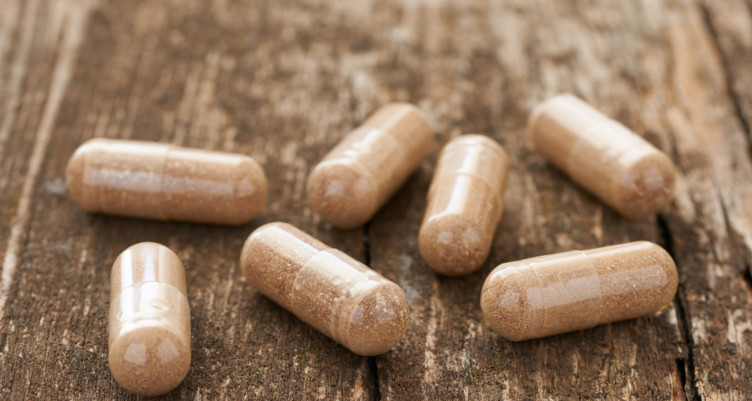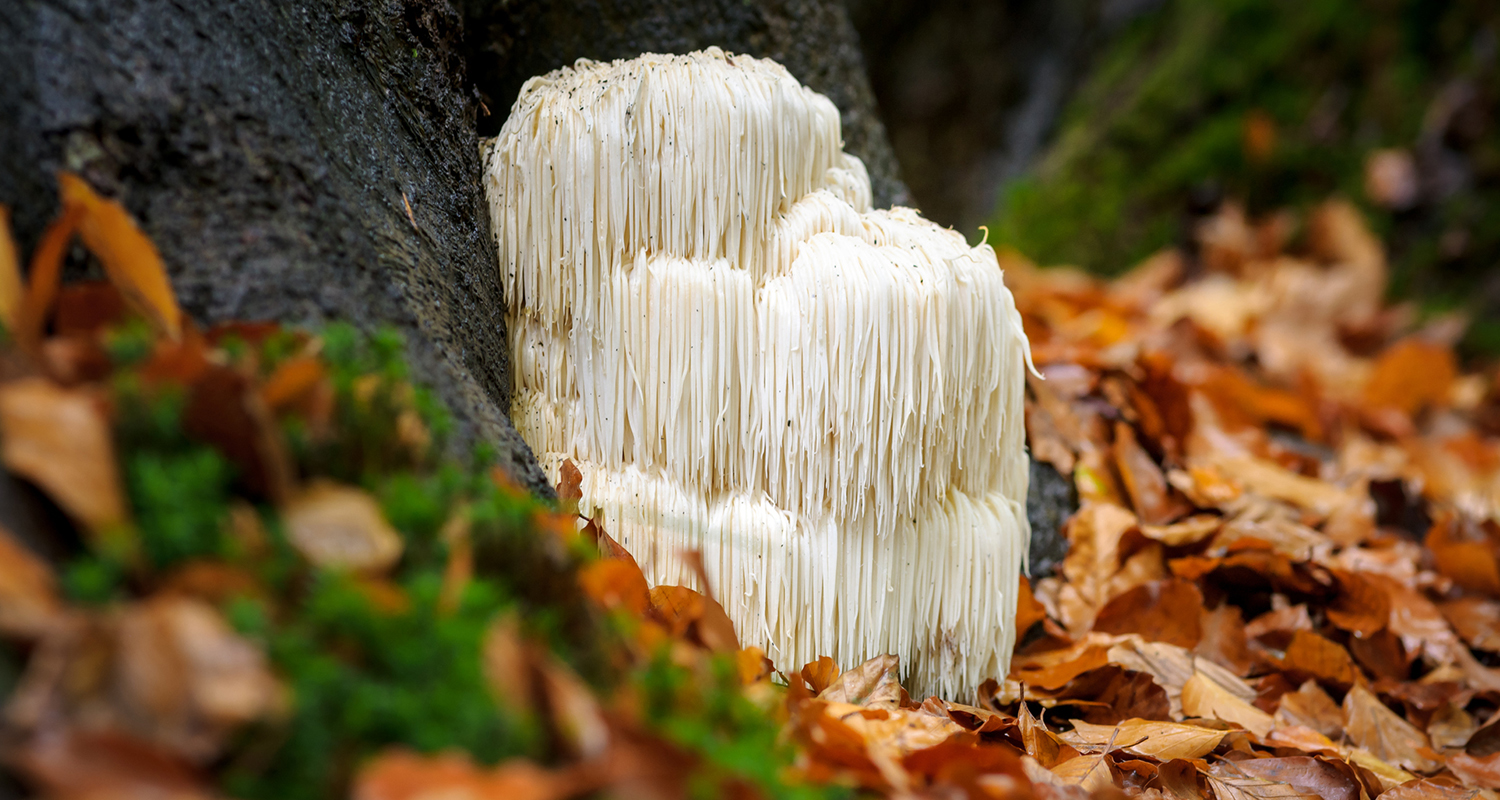- Research shows that Hericium erinaceus can support brain health, improve mood, and improve focus. Its benefits stem from its anti-inflammatory and antioxidant properties.
- Animal studies suggest that lion’s mane mushrooms may increase levels of BDNF, a protein that supports brain health.
- For an effective boost to BDNF levels, try Bulletproof NeuroMaster, which contains whole coffee fruit extract to keep you focused and sharp.
The lion’s mane mushroom got its name because some say it looks like a lion’s mane. This fluffy white mushroom is also a powerful nootropic with science-backed benefits.
You may have heard of people mixing mane into their coffee or supplementing with mane mushroom capsules. It turns out that if you’re looking to improve your memory, slow aging, and protect your brain cells, lion’s mane may be worth your time. Here’s what you should know, including some tips for understanding the neuroprotective benefits of this mushroom.
The efficacy and role of lion’s mane mushroom
Originating in Traditional Chinese Medicine (TCM), lion’s mane mushroom (Botanical name: Hericium erinaceus) also known as yamabushitake, hedgehog mushroom and Houtou[1]. Based on human and animal studies, this mushroom has powerful anti-inflammatory, antioxidant, and immunostimulatory properties.
Supports Brain Health

Your brain naturally slows down over time. Many of the symptoms associated with aging, such as memory loss and inability to concentrate, are caused by factors in the nervous system, such as neuronal shrinkage and damage to brain cells. Animal studies have shown that lion’s mane extract may actually support brain health by stimulating the production of two important compounds: nerve growth factor (NGF) and brain-derived neurotrophic factor (BDNF).[2][3]
NGF and BDNF are proteins that stimulate the production of new cells and strengthen existing ones. NGF also plays an important role in the formation of myelin, the sheath around nerve cells that helps brain cells function. BDNF increases brain plasticity, helping your brain cells remain resilient in the face of stress or aging.
May improve cognitive function

In 2008, a double-blind, parallel-group, placebo-controlled trial found that lion’s mane was effective in improving cognitive function in a randomized group of 15 older adults.[4] Rodent studies have found that lion’s mane may have protective effects on brain cells, improve memory and promote the production of new neurons.[5][6]
NGF and BDNF are proteins that stimulate the production of new cells and strengthen existing ones. NGF also plays an important role in the formation of myelin, the sheath around nerve cells that helps brain cells function. BDNF increases brain plasticity, helping your brain cells remain resilient in the face of stress or aging.
May improve mood and focus

In 2010, in the largest study to date, researchers examined the effects of lion’s mane mushroom on 30 women over a four-week period.[7] Participants were randomly assigned to a test or control group and given either lion’s mane biscuits or a placebo biscuit (science!). At the end of the four weeks, the lion’s mane group reported improved mood.
This was a small study and there are limited clinical studies on lion’s mane. However, these findings add to a growing body of research showing that natural remedies can help you feel more balanced.
Lion’s mane can also improve concentration. Reduced inflammation improves blood flow, which provides more oxygen to the brain. A side effect of more oxygen in the brain is that the brain performs better. The antioxidants in lion’s mane may help promote learning and memory, possibly by strengthening brain cells and stimulating the growth of new neurons.[8][9]
How to eat lion’s mane mushroom

As a functional food, the mane mushroom has been part of traditional Chinese medicine for thousands of years. But what’s the best way to add it to your diet?
How to cook Hericium erinaceus
You can prepare and cook lion’s mane mushrooms like any other soft-fleshed mushrooms. Its season tends to be late summer to fall. When cooked, its taste and texture are similar to crab or lobster.
You can also take lion’s mane mushrooms in capsule form if they are not sold at farmers markets or grocery stores in an area where you live.
As with any supplement, lion’s mane mushrooms provide additional benefits when taken consistently, and dietary supplements are often more convenient than cooking. Read on for our top picks.
Mane mushroom capsules (and other supplements)
Mane supplements are available in capsule, extract, and powder forms. However, you need to do your research and make sure your supplements are from a reputable company.
You should be able to determine how much of the pharmaceutically active compound is in the supplement and how much is actually a filler.
Start with half a serving and slowly increase the dose based on your body’s response. Consult your healthcare provider for medical advice before you add any new supplements.
Other Ways to Boost Brain Health

Clinical trials on the benefits of lion’s mane are limited. But remember: One of the main benefits of lion’s mane is that it stimulates NGF and BDNF levels. For an effective way to boost your BDNF levels, use Bulletproof NeuroMaster instead. It’s made with coffee cherry extract, which contains compounds that support memory, focus, and healthy aging. To start your smart routine, take one capsule in the morning.
did you know? Certain types of mushrooms are traditionally used to support immune health, including shiitake. Bulletproof Immune Defense Collagen makes the most of ingredients to boost your immune system defenses. Each serving contains a blend of Shiitake Mushrooms, 500mg Vitamin C and 7g Collagen. Mix one packet into 8 oz of water daily.
Read next: Is Your Gut Controlling Your Immune System?The science behind the connection
Join the Bulletproof Revolution
Sign up to be the first to hear about sales, product launches, the latest Bulletproof news and more!
This article was originally written on March 10, 2022 and has been updated with new content.


